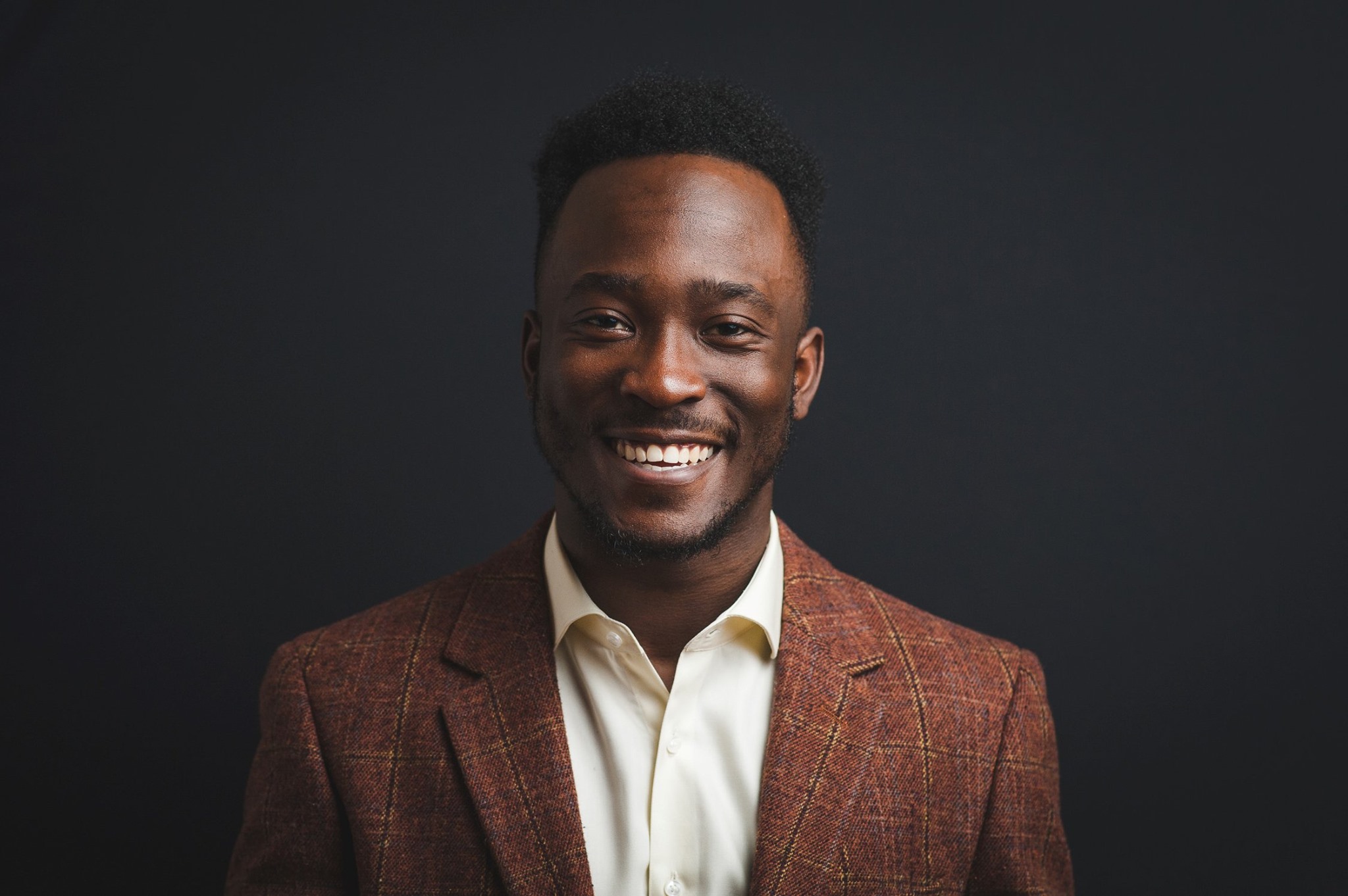Danielle Geathers, MIT’s first Black woman student body president, and Nicholas Johnson, Princeton University’s first Black valedictorian, inspired my recent Facebook post reacting to the news that I would be serving as one of the very few Black presidents in the Students’ Society of McGill University’s (SSMU) 112-year history. I was both surprised and in disbelief, given the number of overqualified Black individuals that I have met at McGill, and I hope that SSMU will be able to celebrate more accomplishments like these in the near future. News like this has made it slightly easier for Black people like myself to navigate social media as we try to prioritize our own mental health while attempting to engage with the overwhelming media attention on anti-Black violence spurred on by the recent murder of George Floyd. My post was designed to evoke the same sense of pride I felt when reading about Danielle, Nicholas, and countless other Black individuals who continue to succeed despite living in a society designed to see us fail.
Despite my election to SSMU president as a Black man, it has also become increasingly clear that, contrary to what politicians like Quebec Premier François Legault may claim, systemic racism is not just an American problem. It is a Canadian problem. It is a Montreal problem. It is a McGill University problem.
As McGill prepares to celebrate its bicentennial anniversary, it is important that we ask ourselves: “What kind of university do we want to be?” It appears that students and administrators have different visions. Most emblematically, James McGill’s racist legacy is acknowledged by all except the university’s administrators. McGill has also failed to provide adequate resources and support to marginalized students, leaving student groups such as the Black Students’ Network (BSN) no choice but to take on this work instead. These students have also been forced to take it upon themselves to educate the administration just to have their voices heard. That activism is increasingly visible on our campus today, uplifting marginalized voices and combating systemic problems that continue to hold my people down. This is a student body that I am incredibly proud to be a part of and to represent at the administrative level in the coming year, in the hopes that McGill will take concrete steps to do better in the future and listen to the voices of Black and other marginalized students.
If there is one thing that I have learned during my six years at McGill, it is that students are capable of mobilizing and creating change on campus. However, the most successful campaigns against issues affecting marginalized communities are led by marginalized students themselves. The Change the Name campaign successfully led by Indigenous students is just one example. As former SSMU Indigenous Affairs Commissioner Tomas Jirousek reflected in a statement, the campaign provided an opportunity for non-Indigenous students to listen, learn, and educate themselves and others in the process. Commissioner Jirousek concluded his statement by emphasizing that we need more movements like this on campus. I wholeheartedly agree. As SSMU looks to the leadership of the BSN on this particular issue, know that we are committed to fully supporting BSN by dedicating our resources to fighting anti-Black racism.
As SSMU President, I remain committed to uplifting student social movements and ensuring that marginalized voices play a larger role in university decision-making. This includes ensuring that no communities are left behind. Our Asian allies continue to face increased levels of racism due to COVID-19, and they need our support. Likewise, we cannot continue to take to the streets and vocalize our frustrations about the violence, inequities, and discrimination that marginalized groups continue to face without acknowledging that our protests are happening on stolen land.
To my allies, please continue to do what you can to support the Black community. You can refer to this comprehensive master list outlining how to support the ongoing activism in Montreal. To my fellow Black students, I will continue to use my position of power to advocate for our rights. I want you to know that I am listening. I want you to be able to see yourself here. I want us to continue to fight, I want us to continue to succeed, I want us to continue to stand up every time we are knocked down. We are Black. We are proud.
A previous version of the article published on June 15, 2020 incorrectly stated that Jemark Earle is the first Black SSMU president. In fact, he is the second Black SSMU president after Jeremy Farrell (SSMU President 2001-2002). The Tribune regrets the error.
A previous version of the article edited on June 17 incorrectly stated that Jemark Earle is the second Black SSMU president. In fact, we can only state that he is one of the very few Black SSMU presidents with the limited records available to us at this time. The Tribune regrets this error.









